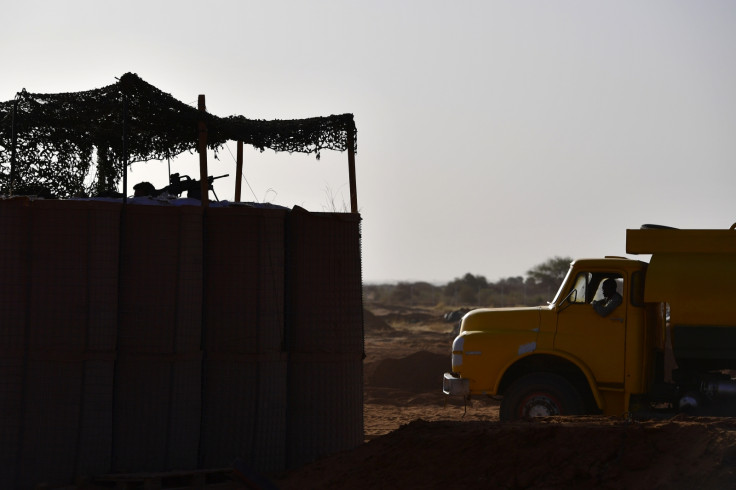Mali: Terror threat spreads after Sahel groups join forces to create new jihadist alliance
Malian authorities forced to develop an integrated security plan with the support of international forces.

Insecurity in Mali is no longer confined to the north of the country and the authorities have been forced to develop an integrated security plan with the support of international forces, according to reports.
Three Malian jihadist groups with al-Qaeda links recently joined forces and established the 'Group to Support Islam and Muslims' (GSIM), led by Iyad Ag Ghaly of the Islamist organisation Ansar Dine.
GSIM, also known as Nusrat al-Islam wal-Muslimeen in Arabic, on 1 April claimed responsibility for an attack on a Malian gendarmerie post in Boulikessi on the border with Burkina Faso on 29 March, in which two gendarmes and a Malian civilian were killed, according to Malian security sources.
This is the second attack on the post in Boulikessi, where on 5 March, 11 Malian army personnel were killed.
"It is a way (for jihadists) to establish their presence," Jean-Hervé Jézéquel, deputy director of the West Africa project of the International Crisis Group, is quoted as saying by RFI. "After the (5 March) attack, the Malian forces had decided to redeploy themselves in this Boulikessi post, and I think that these groups want to say: 'This dwelling, this rural area no longer belongs to you'."
In Boulikessi – part of the Douentza area, near the Burkinabe border – faced with the growing jihadist threat that has spread to the centre of the country, the authorities outlined a security plan, according to RFI.
Jézéquel said Malian security forces are on the defensive and attempting to "make them leave these zones to occupy them". "Actually, the Boulikessi area belongs to a zone where state presence is not only very poor, but it is also very disputed".
The majority of international forces present on Malian soil tend to concentrate in urban areas, the expert said. This is particularly true of the United Nations peacekeeping mission in Mali, Minusca.
"For other forces, such as the French force Barkhane, which has operated recently in this area of central Mali, it is not possible to occupy permanently all the areas where these groups are active,"Jézéquel said, adding that jihadist groups are attempting to gain territory in rural areas of the country.
This comes as a national peace conference in Mali ended on 2 April, calling on the government to hold talks with Islamist groups in the country's north. The peace conference was held to bring together the government, armed forces, former rebels and political opponents to implement a peace accord signed in 2015.
The agreement was not executed at the time as there was strong opposition from rebel groups, and jihadists continued to launch attacks on government troops.
© Copyright IBTimes 2025. All rights reserved.






















